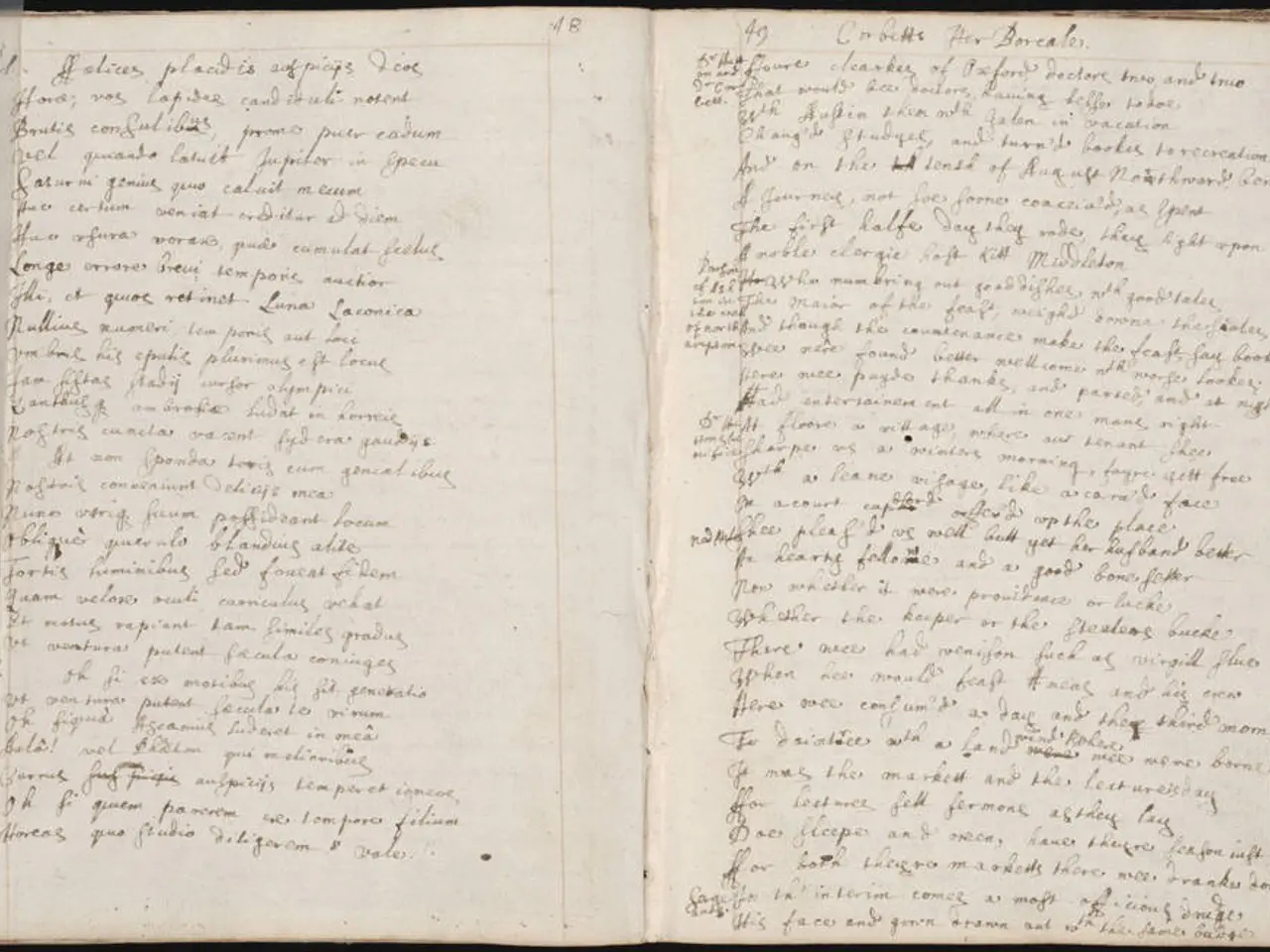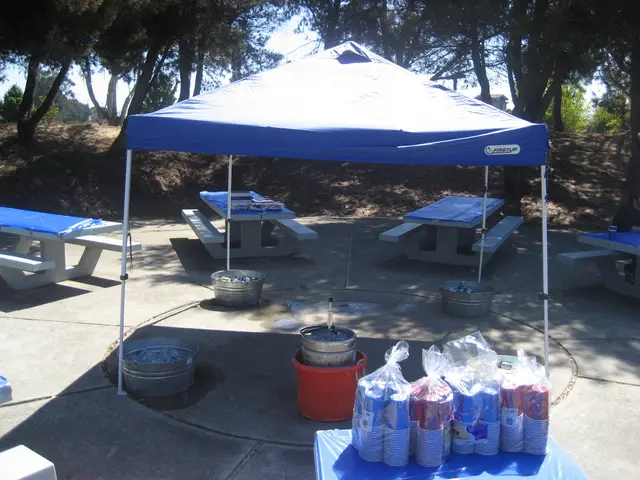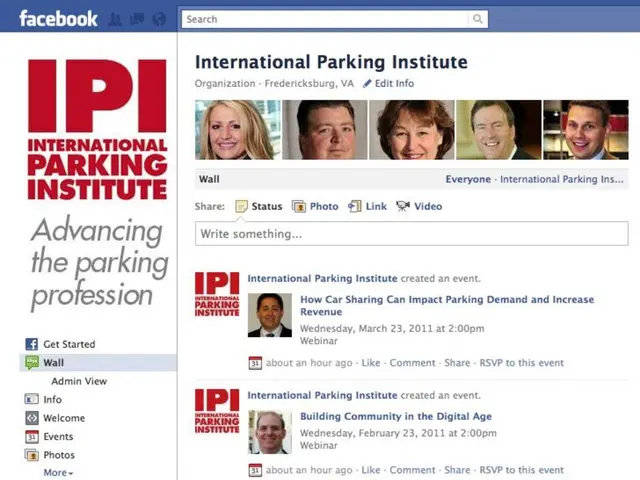Significance of Script Analysis for Screenwriters and Movie Makers
In the world of filmmaking, crafting a compelling script is just the beginning. Enter script coverage, a valuable tool that bridges the gap between the page and the screen.
Script coverage connects notes to real-world outcomes, helping writers understand whether their script suits a low-budget indie or a star-powered tentpole. One such service, Greenlight Coverage, offers secure, lightning-fast, AI-driven coverage trusted by studios and indie creators alike.
Greenlight Coverage is designed for security and privacy, ensuring that a writer's script remains confidential and that the feedback received is transparent and actionable. Professional script readers, individuals with a mandate to find commercially viable scripts quickly, scrutinise each submission. These readers may have film degrees, production backgrounds, hands-on story development expertise, or be AI-based.
The process begins with a professional script coverage report, which includes a logline, synopsis, in-depth notes on plot, character arcs, pacing, and dialogue, scene-by-scene breakdowns, a score grid rating structure, market comparison, and a simple score (Pass, Consider, Recommend).
A 'Pass' rating indicates that a script has fatal flaws or misses the mark in tone, genre, or concept, offering a focused to-do list for rewrites. A 'Consider' rating means that a script is close but has issues that need addressing, such as pacing or dialogue problems. A 'Recommend' rating signifies that a script is ready for options, meetings, and serious investment, as it checks boxes for originality, craft, and commercial fit.
Rapid cycles of feedback, proofreading, and follow-up with script coverage cut the guesswork and help writers make real progress, fast. Script coverage provides a roadmap for producers, highlighting a script's commercial potential, budget fit, and red flags.
Moreover, script coverage is a professional evaluation of a screenplay, providing an objective analysis of its strengths, weaknesses, and commercial potential. Smart writers use version control tools to track rewrites, document growth, and show hard proof of their script's rising value when contesting, pitching, or meeting reps.
Contests and festivals use script coverage to triage massive submissions and shortlist the scripts that really deserve attention. Studio execs, managers, and agents use script coverage as a first filter before deciding to read the full script. Even in the competitive film industry, script coverage offers a level playing field, empowering writers to refine their craft and increase their chances of success.







